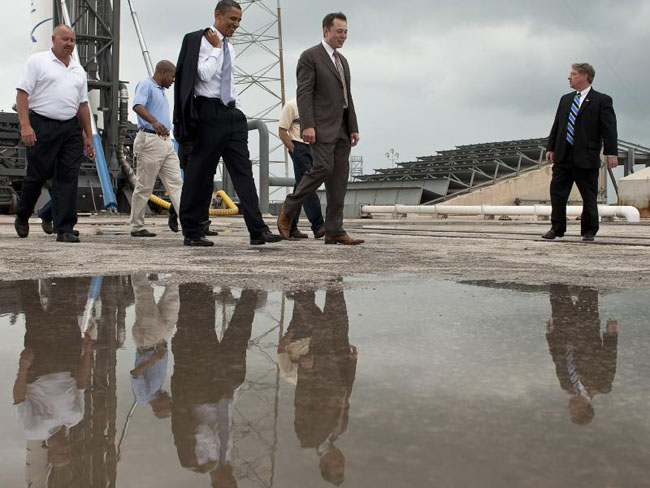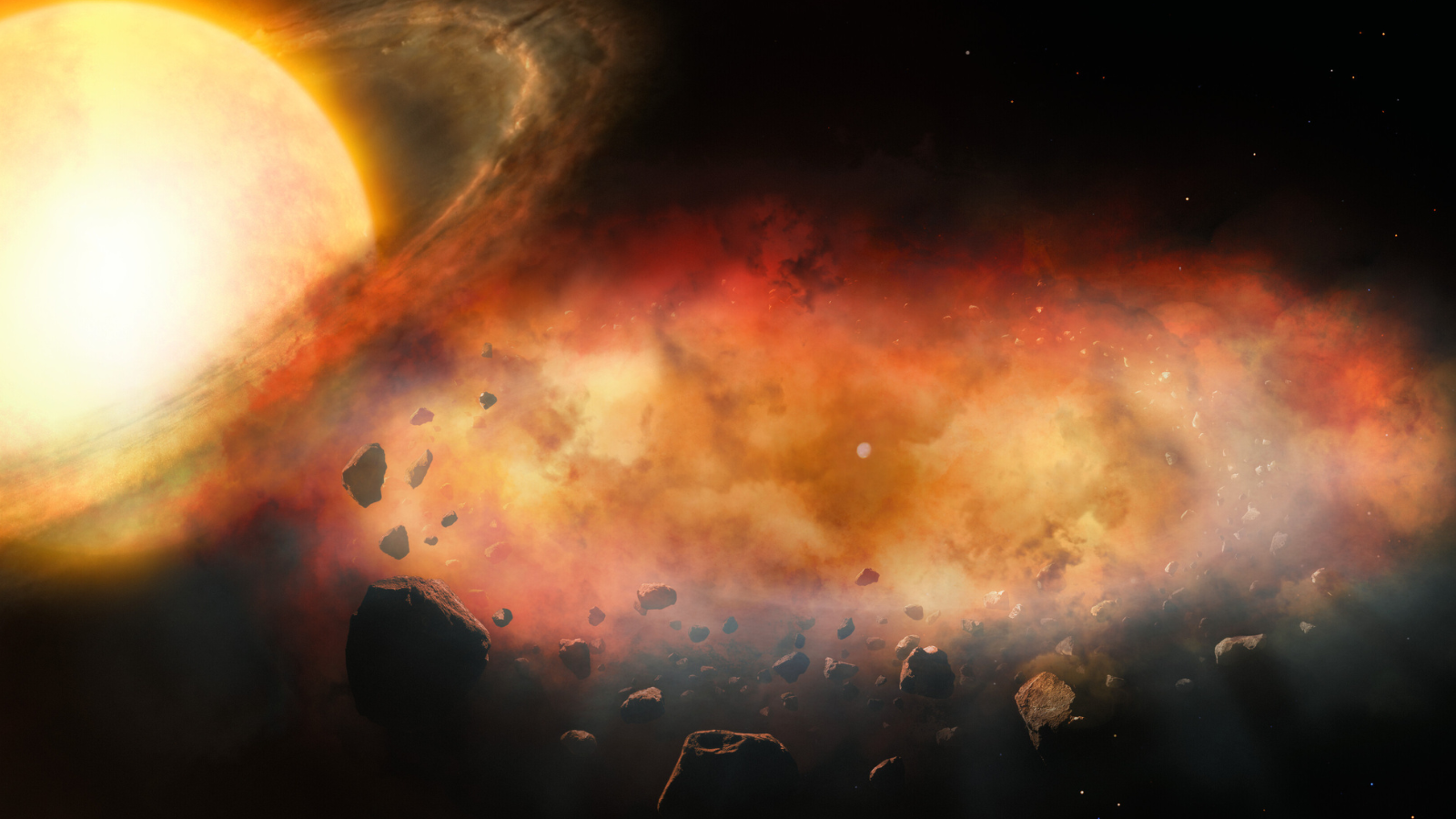First Attempt to Launch New Falcon 9 Rocket Aborted

This story was updated at 1:59 p.m. EDT.
The brand new commercial Falcon 9 rocket experienced anunexpected glitch just before liftoff during its first flight test Friday, stallingwhat was to be its maiden launch.
The Falcon9 rocket, built by private company Space Exploration Technologies (SpaceX),was slated to blast off at 1:30 p.m. EDT (1530 GMT) from its seaside launch padat Cape Canaveral Air Force Station in Florida.
An "out of limits start up parameter" caused therocket to abort launch just before its planned liftoff, SpaceX commentatorRobyn Ringuette said.
"There still may be a chance to recycle the count andtry again today," Ringuette said.
All systems initially appeared to function as designed,though the launch was delayed past an initial 11 a.m.EDT (1500 GMT) target by a series of issues.
At first there was a problem withthe telemetry system, which enables the launch team to track the rocket fromafar. SpaceX was able to resolve that issue by moving a strongback structure onthe launch pad that was blocking the signal.
Then, word came from the U.S. Air Force that a boat had strayed into the safetyrange on the Atlantic Ocean over which the Falcon 9 rocket would fly during itstrip to space. The liftoff was further delayed to allow time for the boat to becleared away to safety.
Breaking space news, the latest updates on rocket launches, skywatching events and more!
Beforehand SpaceX officials said they were confident of thevehicle.
"I think everyone at this point feels pretty confident,"SpaceX founder and CEO Elon Musk told reporters Thursday. "There's verylittle that we could do to improve the rocket as far as reliability isconcerned. We've done everything we can possibly think of."
However, he acknowledged that malfunctions are very commonfor untried rockets and that test flights often go wrong, and predicted only a70 to 80 percent chanceof success. SpaceX's first rocket, the smaller Falcon 1, suffered threefalse starts before successfully reaching orbit on its fourth launch try.
The vehicle already has a $1.6 billion contract with NASA tohaul cargo to the International Space Station, and may one day carry astronautsas well.
A major malfunction or mishap could affect support forPresident Barack Obama's plan to shift responsibility for ferrying astronautsto the International Space Station to the commercialspace sector.
"If they blow up on the pad, Obama's lost it,"space policy expert Roger Handberg, a political scientist at the University ofCentral Florida, said of the administration's chances of getting the proposalthrough Congress.
The 178-foot (54-meter) tall liquid-fueled booster is toppedwith a mockup of the Hawthorne, Calif.-based company's Dragon capsule, which isplanned to carry cargo, and eventually crew, to space.
This SPACE.comgraphic shows how the Falcon 9 rocket compares with NASA's shuttles andother spacecraft.
Falcon 9 was slated to travel eastward off the pad to orbitabout 155 miles (250 km) above Earth.
SpaceX has stressed that errors during a test flight arereally just learning experiences, enabling them to ultimately design a betterrocket. A glitch during a trial launch does not affect the long-term prospectsof the company or the private space industry in general, Musk said.
"Tomorrow's launch should not be a verdict on theviability of commercial space," Musk said Thursday. "Commercial spaceis the only way forward," he said, because of the limited budget ofgovernmental space programs.
Ultimately, SpaceX plans to reuse most elements of their spacecraftto cut down costs and make space affordable for more civilians to travel beyondEarth.
"Unless we can make dramatic improvements to the costand reliability of space transport and make it closer to air transport, it willonly ever be a small number of launches that take place every year at extremeexpense," Musk said.
? 6Private Companies That Could Launch Humans Into Space
- Top 10 Fantasy Spaceships Becoming Reality
- Gallery: SpaceX's Falcon 9 Rocket Photos
Clickhere for SPACE.com's live coverage of SpaceX's Falcon 9 rocket testflight.

Clara Moskowitz is a science and space writer who joined the Space.com team in 2008 and served as Assistant Managing Editor from 2011 to 2013. Clara has a bachelor's degree in astronomy and physics from Wesleyan University, and a graduate certificate in science writing from the University of California, Santa Cruz. She covers everything from astronomy to human spaceflight and once aced a NASTAR suborbital spaceflight training program for space missions. Clara is currently Associate Editor of Scientific American. To see her latest project is, follow Clara on Twitter.
